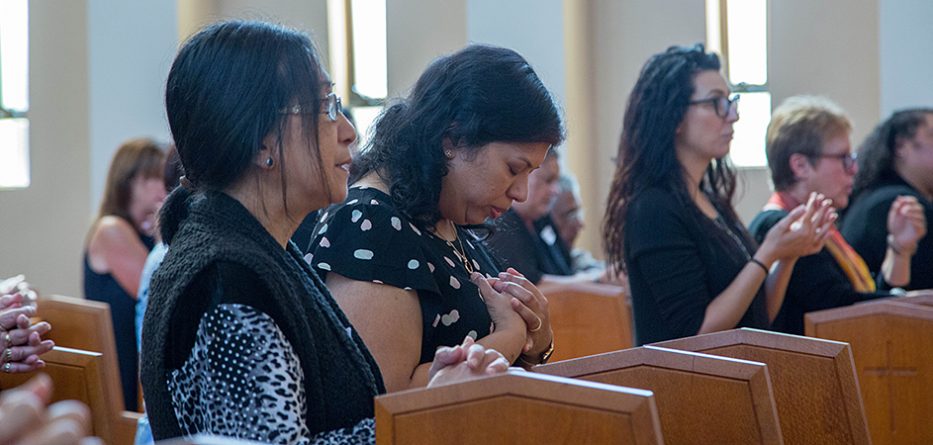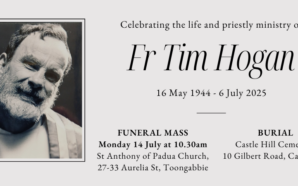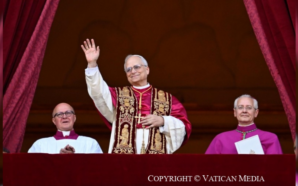When I first learned contemplation in my Franciscan novitiate, I was taught a practice of silent, wordless prayer. Over the decades, I have learned there are many paths to contemplation, myriad ways to access nondual consciousness. (The Saturday practices in the Daily Meditations are our own attempts to help spread the good news of contemplation in many forms.) Regardless how we practice—with stillness, breath, observation, chanting, walking, dancing, calm conversation—contemplation calls the ordinary thinking mind into question. We gradually come to recognize that this thing we call “thinking” does not enable us to love God and love others. We need a different operating system, and it both begins with and leads to silence.
Even through practices full of sounds and words, contemplation helps us access a foundational silence, a deep, interior openness to Presence. One of our faculty members, Barbara Holmes, writes: “An ontological silence can occupy the heart of cacophony, the interiority of celebratory worship. . . . Silence [is] the source of all being. . . . Silence is the sea that we swim in.” [1] And yet we’re often oblivious to it. Thus, the need for practice.
In my book The Naked Now, I call non-silence “dualistic thinking,” where everything is separated into opposites, like good and bad, life and death. In the West, we even believe that is what it means to be educated—to be very good at dualistic thinking. Join the debate club! But both Jesus and Buddha would call that judgmental thinking (Matthew 7:1-5), and they strongly warn us against it.
Dualistic thinking is operative almost all of the time now. It is when we choose or prefer one side and then call the other side of the equation false, wrong, heresy, or untrue. But what we judge as wrong is often something to which we have not yet been exposed or that somehow threatens our ego. The dualistic mind splits the moment and forbids the dark side, the mysterious, the paradoxical. This is the common level of conversation that we experience in much of religion and politics and even every day conversation. It lacks humility and patience—and is the opposite of contemplation.
In contemplative practice, the Holy Spirit frees us from taking sides and allows us to remain content long enough to let it teach, broaden, and enrich us in the partial darkness of every situation. We need to practice for many years and make many mistakes in the meantime to learn how to do this. Paul rather beautifully describes this kind of thinking: “Pray with gratitude and the peace of Christ, which is beyond knowledge or understanding (what I would call “the making of distinctions”), will guard both your mind and your heart in Christ Jesus” (Philippians 4:6-7). Teachers of contemplation show us how to stand guard and not let our emotions and obsessive thoughts control us.
When we’re thinking nondualistically, with this guarded mind and heart, we will feel powerless for a moment, stunned into an embarrassing and welcoming silence. Then we will discover what is ours to do.
You are invited to attend a Plenary Council 2020 Listening and Discernment session on 13 February from 6.30pm to 9pm at the Institute for Mission, Blacktown. At this session we will be covering the six themes for discernment:
- Missionary and Evangelising
- Inclusive, participatory and synodal
- Prayerful and Eucharistic
- Humble, healing and merciful
- A joy, hope-filled and servant community
- Open to conversation, renewal and reform
At this session, you will have the opportunity to select and explore one of the six Themes for Discernment. A light supper will be provided. To RSVP, please contact tanya.quinn@parracatholic.org.
Copyright © by Center for Action and Contemplation (CAC). Used by permission of CAC. All rights reserved worldwide.
References:
[1] Barbara A. Holmes, Joy Unspeakable: Contemplative Practices of the Black Church, 2nd edition (Fortress Press: 2017), 20-22.
Adapted from Richard Rohr, Silent Compassion: Finding God in Contemplation (Franciscan Media: 2014), 10-11.








